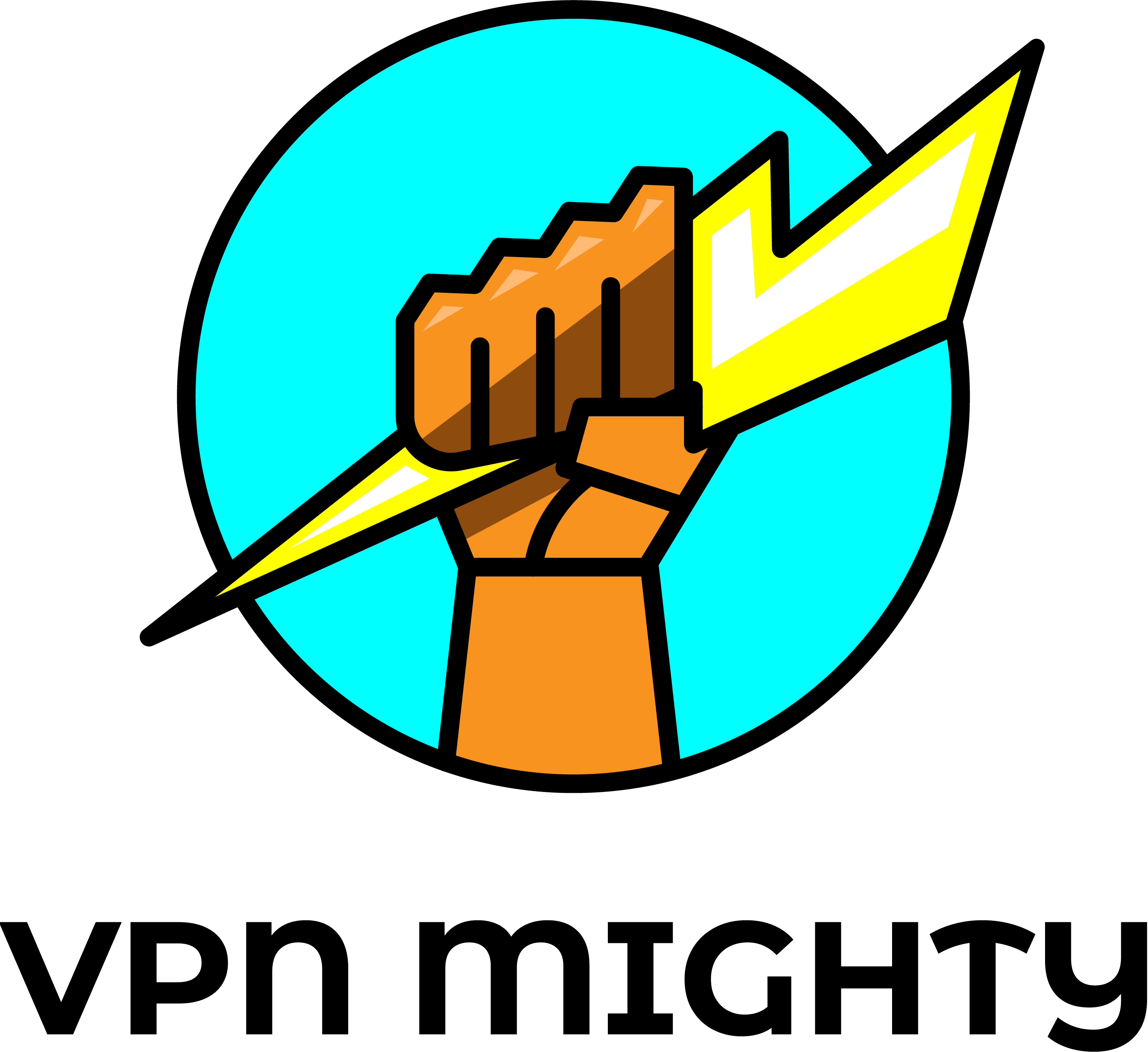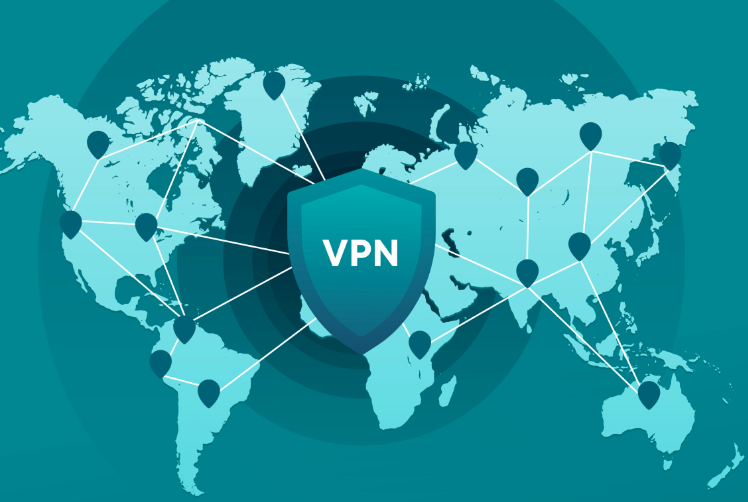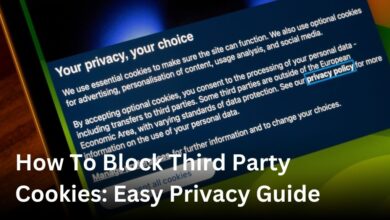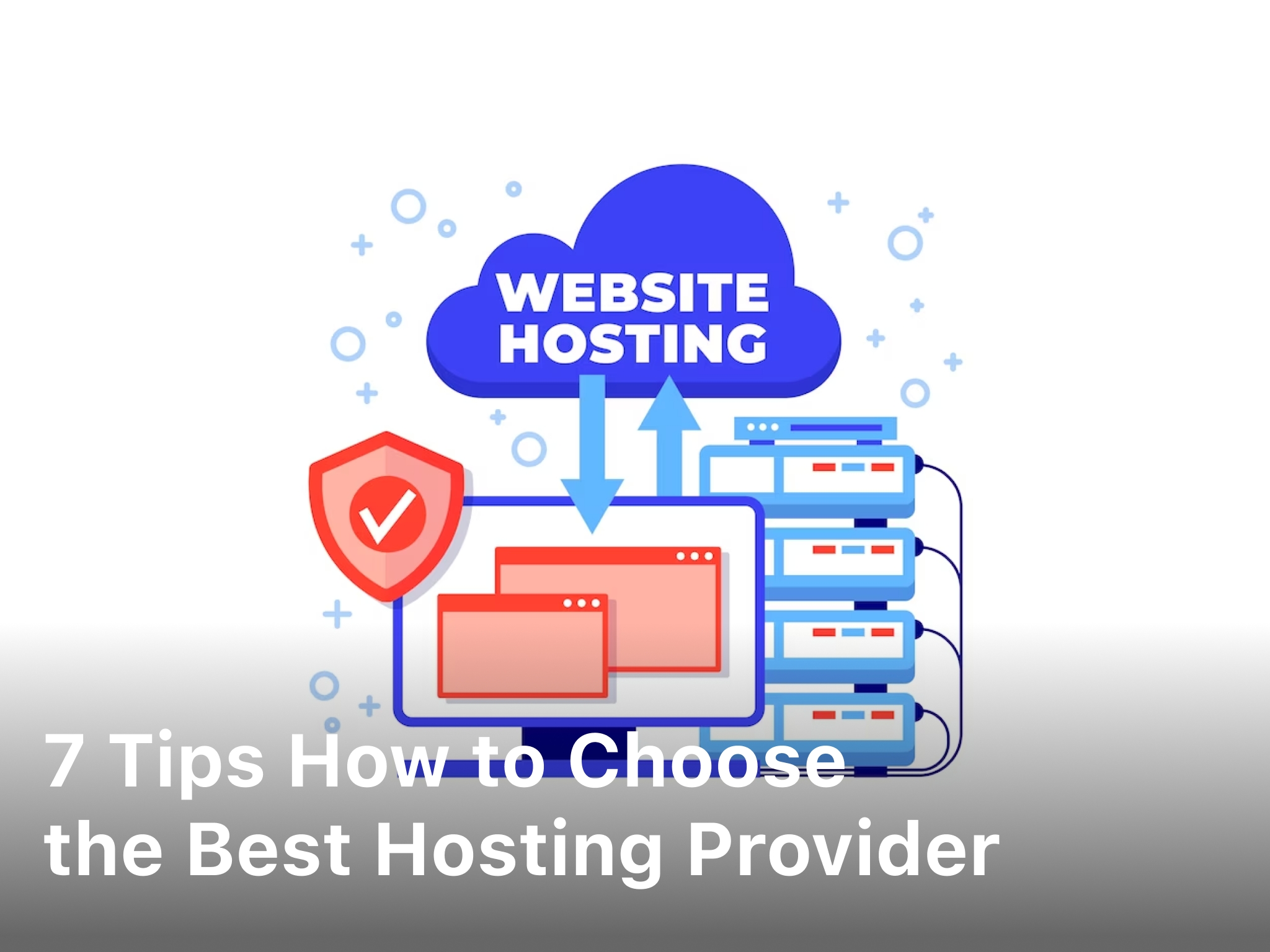Virtual Private Networks (VPNs) are becoming increasingly popular as a way to protect your online privacy and security. They allow you to securely connect to the internet from anywhere in the world, and can be used for a variety of purposes, such as accessing geo-restricted content and bypassing censorship. In this article, we’ll discuss everything you need to know about VPNs, including how they work, what they can do for you, and how to choose the right one. With the right knowledge in hand, you’ll be able to make an informed decision on whether or not a VPN is right for you.
What is a VPN? A VPN, or Virtual Private Network, is a technology that allows you to securely connect to the internet through another computer in order to protect your privacy and security. By taking advantage of a VPN, you can use the internet while using an encrypted connection and secure your online activity from potential prying eyes. A good VPN will encrypt all of your traffic with strong encryption protocols so that hackers cannot steal any data from your connection. They will also allow you to bypass geo-restrictions on content like YouTube and Netflix by routing it through their servers instead.

Introduction: What is a VPN and How it Works?
A Virtual Private Network (VPN) is a secure connection between two or more devices on the internet. It is used to protect online data from being accessed by unauthorized parties, as well as to bypass censorship and geo-restrictions. In essence, a VPN creates an encrypted tunnel between two points on the internet, allowing for secure data transmission and ensuring that no one can intercept or modify the data. By using a VPN, users can access websites and services that are blocked in their country or region, as well as keep their online activities private from third-party monitoring.
A site-to-site VPN creates a secure connection between two points on the internet, meaning it connects remote users to their desired destinations. This is done by routing all data through the VPN server and encrypting it before sending across the internet. This mode of operation works well for companies that operate remote offices or work from public wifi hotspots, as well as for residential users who want to access content filtered by their ISP or be protected from monitoring on their home network.
Benefits of Using a VPN for Everyday Activities
VPNs are becoming increasingly popular as a way to protect your online privacy and security. With a VPN, you can access any website or service without worrying about your data being intercepted by hackers or government agencies. In addition, using a VPN can also provide other benefits such as faster speeds, improved streaming quality, and access to geo-restricted content. By using a VPN for everyday activities, you can enjoy greater protection and more freedom when browsing the web, and protect yourself from potentially costly fines.
“Hide.me has proven to be a very good alternative to other VPNs, especially in terms of unblocking streaming services like Netflix, Hulu and BBC iPlayer. The service will do all the necessary magic on your behalf to unblock these services and allow you watch from anywhere in the world.” Jun 12, 2017 bestvpnrating.com
When it comes to choosing a Virtual Private Network (VPN), you have plenty of choices out there – but few are as comprehensive and secure as ExpressVPN. With servers in 78 countries around the globe at its disposalThe Different Types of VPNs available in the Market Today.
Virtual Private Networks (VPNs) are becoming increasingly popular as a secure way to access the internet. They provide users with privacy, anonymity, and security when browsing online. With so many different types of VPNs available in the market today, it can be difficult to choose the right one for your needs. This article will discuss the different types of VPNs available in the market today and their use cases. We will also look at how they can help protect your data while you are browsing online.
L2TP/IPsec: L2TP uses encryption from the Open VPN project and IPSec supports encryption using the Internet Key Exchange (IKEv2). Advanced implementations of L2TP/IPSec are still in the early stages and not widely deployed. However, these technologies will be important to consider for any VPN that needs to encrypt traffic in transit between customers and the VPN server.OpenVPN: The OpenVPN protocol uses a custom security protocol that utilizes SSL/TLS protocols – but at its core is based on IPsec.
The Pros & Cons of Free & Paid VPN Services
With the increasing number of cyber threats, it is becoming more and more important to use a Virtual Private Network (VPN) service. A VPN provides an encrypted connection between your device and the internet, allowing you to browse securely and anonymously while protecting your identity.
When it comes to choosing a VPN service, there are two main options: free and paid services. Each has its own pros and cons that need to be considered when making a decision on which one is best for you. In this article, we will discuss the advantages and disadvantages of both free and paid VPN services so you can make an informed decision on which one is right for you.
Free VPN services
Free VPN services generally offer fewer features than paid ones. They usually do not allow users to change their IP address or the port where they connect. The free version is usually limited to one connection, which can be a major drawback when you need more than one device connected at a time.
Many free VPN services also have limitations on how long they support the service. Sometimes, these limitations are limited by country and only offer 1-2 weeks of service.
How to Choose the Right VPN Service Provider for Your Needs?
Choosing the right VPN service provider is essential for ensuring your online security and privacy. With a wide range of options available, it can be difficult to know which one to choose. In this article, we’ll look at the key factors you should consider when selecting a VPN service provider, from the level of encryption provided to the cost and customer support offered. By taking all these factors into account, you can make an informed decision about which VPN service provider is best for your needs.
What types of VPN protocols are available?
The most popular VPN protocol is PPTP. AES 256-bit is the most common encryption level supported by a variety of providers, so that’s something to bear in mind when choosing a provider. L2TP/IPSec and IKEv2 can also provide some encryption but are less secure than PPTP. OpenVPN, which is generally considered more secure due to its open source nature, can be used for both Windows and MacOS.
Conclusion: Start Protecting Yourself With VPN
As the internet becomes more and more intrusive, it is important to protect yourself and your data from potential threats. One of the best ways to do this is by using a Virtual Private Network (VPN). A VPN can help you stay safe online by encrypting your data, blocking malicious websites, and preventing hackers from accessing your information. With a VPN, you can rest assured that your personal information is secure and protected from prying eyes. Invest in a good VPN today and start protecting yourself from cyber criminals and malicious hackers!
Our VPN app makes it easy to self-configure our encrypted VPN connection. We provide a set of simple instructions that will guide you through the setup process. After building your VPN connection, you can test it with our speed test tool to make sure your connections meets an acceptable level of speed and performance for your needs. To help you find the best VPN for most needs, we’ve even created a quick-reference table that compares some of the top VPNs from around the world. Click through below to learn more about how a virtual private network can protect your personal information and improve your online experience.
VPN services can also be defined as connections between specific computers, typically servers in separate data centers, when security requirements for their communications require a secure “tunnel” between the two ends of the connection. Using public IP addresses and private IP addresses, a VPN is completely secure when it connects two computers nearby. When it connects over the internet, however, security may be compromised by malicious Internet activity between the computers, or because of damage to devices used to connect to the VPN (for example, a damaged laptop).






